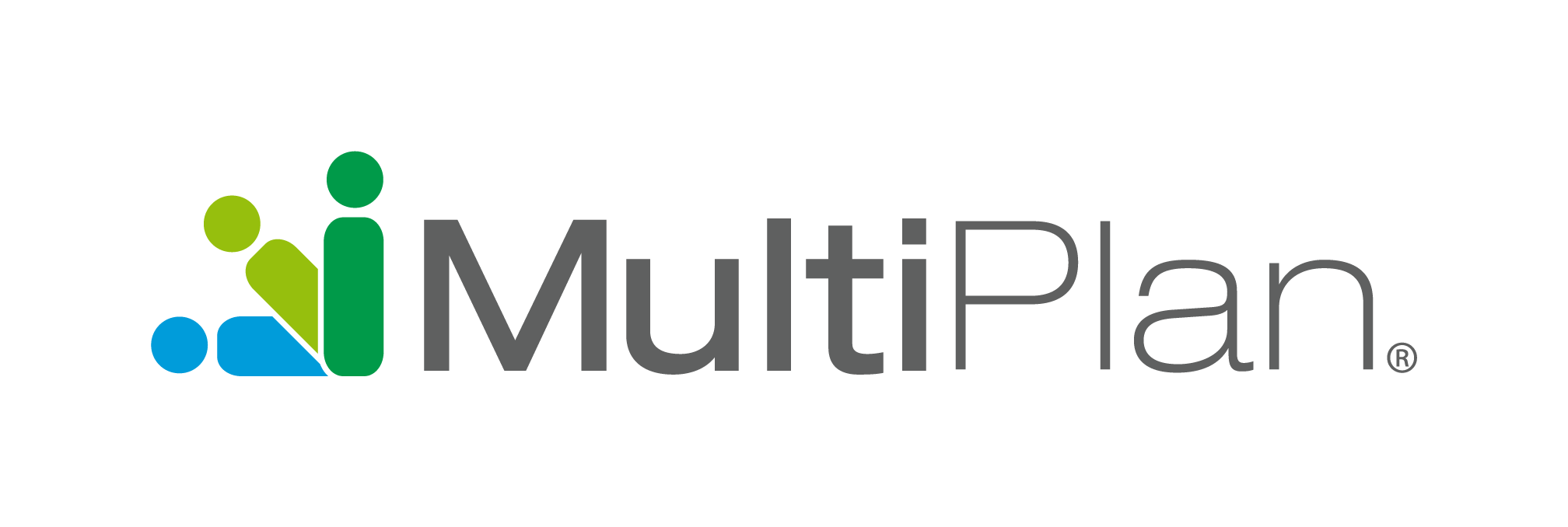The No Surprises Act (NSA) has been in effect for almost four months now. Still, some healthcare payors continue to struggle to create an effective strategy to deal with the legislation. Below are five suggestions to help payors effectively navigate the new law.
Tip #1: Leverage Provider Contracts or Agreements
Providers under network contract cannot balance bill members; so, network claims are not subject to the NSA. Similarly, providers that reach agreement for an out-of-network reimbursement prior to payment have no reason to negotiate or initiate IDR after payment. Some payors may be hesitant to use a network contract or negotiated agreement because the rate may be higher than the qualifying payment amount (QPA). However, if the payor makes an initial offer at the QPA and the provider doesn’t accept it and the case ends up in arbitration, the payor risks paying much more. If the payor loses, in addition to reimbursing the provider at the provider’s final offer, the payor will pay a $50 arbitration administrative fee and the Certified Independent Dispute Resolution Entity (CIDRE) fee. The Departments estimate the CIDRE fee averages $400.
Tip #2: Make Sure Your Strategies for the Initial Payment and Open Negotiation Align
The NSA does not prescribe the amount of the initial payment to the provider. However, when determining their initial payment, payors should understand the implications of their offer and develop a strategy for open negotiation that doesn’t put them at a disadvantage during arbitration and is cost-effective. For example, if the payor’s initial payment is low and they are inflexible during negotiations, the provider is more likely to initiate arbitration and the payor will be at a significant disadvantage. On the other hand, if the payor’s initial payment is low and they are flexible during open negotiation, the provider is more likely to agree and arbitration is avoided. This strategy avoids the risk and cost of arbitration, which may be higher given the Texas Medical Association ruling1.
Tip #3: Be Prepared for a Tricky Open Negotiation
Early pricing activity makes clear that QPA is considerably lower than what most surprise billers have been accustomed to being paid. Therefore, with many payors now factoring the QPA in to the payor’s initial payment, providers have a vested interest in pushing for more. Negotiations are proving to be challenging, with both sides reluctant to move off of their positions or share information to support those positions. The winning strategy takes highly skilled negotiators armed with credible data and benchmarks, and the tools to use them within tight timeframes.
Tip 4: Know What Factors Are Considered During Arbitration
If negotiation fails, the independent dispute resolution (IDR) process may begin. IDR uses baseball-style arbitration. Simply put, each side submits their final payment offer, and the arbitrator chooses one. No compromises or negotiations — it’s either one or the other. The factors arbitrators must consider with equal weight when making a decision, if presented include the following2:
- The qualifying payment amount
- The level of training, experience, and quality of the clinician, or the teaching status, case mix, and scope of services offered by the facility
- The market shares of both parties
- Patient acuity
- Demonstrations of good faith efforts (or lack thereof) to reach a network agreement and any contracted rates between the two parties during the previous four years
Again, working with an expert in arbitration is extremely valuable. There are companies that have expertise, data and tools that allow them to evaluate all of the above when presenting the final arbitration offer and persuasively counter the provider’s reasons for asking for a higher price.
Tip #5: Know Whether State Law or the NSA Applies
Many states already have surprise billing laws governing fully insured business, and the NSA explicitly defers to certain state laws to govern reimbursement of Surprise Bill claims. State laws may take precedence when the state law applies to:
- The plan, issuer, or coverage involved (i.e., it’s an insured plan)
- The provider (i.e., the provider is licensed in the state where the plan is underwritten) and
- The services (i.e., the state law covers the services at issue)
Unless all three of the above apply, the NSA governs reimbursement.
Generally speaking, ERISA plans are subject to federal, not state law. However, if the state has a surprise billing law that allows for ERISA plans to “opt-in,” an ERISA plan that has opted in is subject to the state law for purposes of surprise bill handling, subject to the above conditions.
Conclusion
Even though it became effective on January 1, 2022, the No Surprises Act continues to evolve. Stay up-to-date with changes by frequently visiting MultiPlan’s Knowledge Hub.
Learn how MultiPlan’s End-to-End Surprise Billing service helps payors navigate the complexities of the No Surprises Act.
- The Biden administration is appealing the Texas Medical Association ruling.
- Applies to emergency care, and to non-emergency care by an out-of-network physicians at an in-network facility, but does not apply to air ambulance per recently released CMS guidance.
The information provided on this website does not, and is not intended to, constitute legal advice; instead, all information, content, and materials available on this site are for general informational purposes. If you have questions about how the No Surprises Act applies to your organization, please consult your legal counsel.

